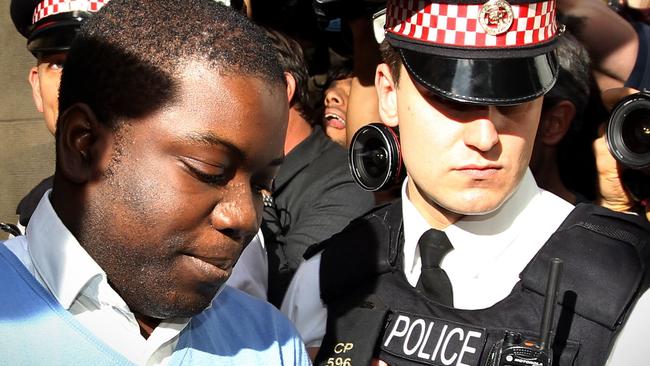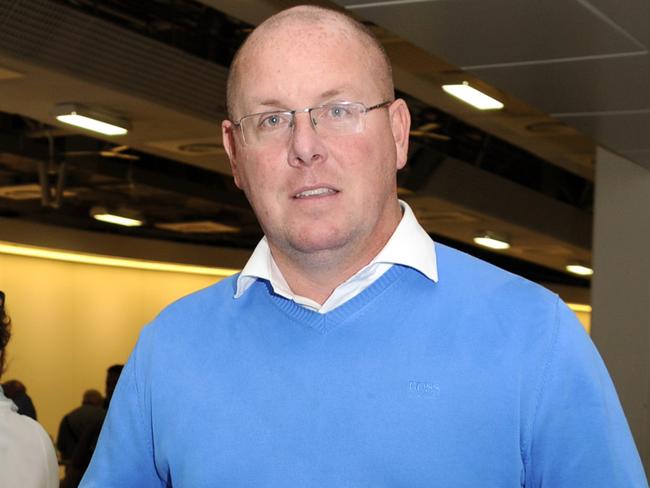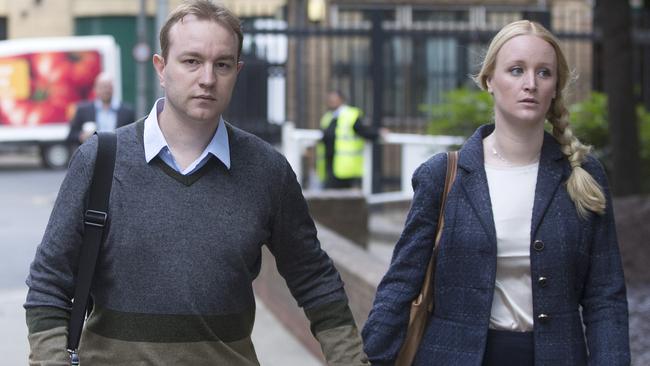Can another bank rogue trader scandal be prevented?
Former rogue traders fear poor regulation leaves today’s bankers prey to the same pressures that led to their downfall.

If you want to know how well or badly behaved bankers are these days, ask the eminence grise of rogue traders what he thinks. The answer is not encouraging.
“The way I see it, you’d almost have to retire everyone who works in the City of London today. Absolutely all of them would have to go and then you’d have to bring in a whole new set of people that you can force a culture on. You need a blank sheet of paper,” says Nick Leeson, who despite modern imitators still has the distinction of single-handedly bankrupting a bank.
Mr Leeson’s view is apparently shared by many compliance officers, whose role is to act as the internal police of the banking industry. The Barings rogue trader said that at one recent London lecture he gave to compliance heads, a flock of hands shot up when he asked if their firms still suffered from rogue-trading incidents.

Only last month Kweku Adoboli, a former UBS trader who was released from prison last year after being jailed in 2012 for losing pounds 1.4 billion of the Swiss bank’s money in unauthorised trades, said he believed that his crime could easily be repeated.
With big bonuses still on offer for those who can make big profits and a P45 (employment exit form) for those who cannot, Mr Adoboli warned that the pressure to push rules to the limit was a serious risk to driving traders to step over into illegality.
“I think the young people I’ve spoken to, former colleagues I have spoken to, are still struggling with the same issues, the same conflicts, the same pressure to achieve no matter what,” he said in his first broadcast interview since his release.
Rogues aside, the City of London continues to be buffeted by a blizzard of scandals ranging from Libor rigging and currency manipulation to the alleged spoofing of Navinder Sarao, who stands accused by US prosecutors of helping to wipe hundreds of billions off the value of Wall Street shares from his bedroom in suburban Hounslow.
Richard Burger, a partner at RPC, the law firm, and a former City regulator, believes that the problem comes down to the scale of the financial flows supervisors are expected to keep a watch on. The authorities are underresourced compared with the volume of potential rule-breaking they must monitor.
Perhaps the clearest example of this is money laundering. The National Crime Agency estimates that hundreds of billions of pounds of ill-gotten gains are washed through the UK financial system every year, with only a tiny proportion facing scrutiny.
Although banks and other institutions file thousands of suspicious-transaction reports every year, it is impossible for the authorities to work out and separate the innocuous from the egregious.
Money laundering will be one of the main topics of conversation when more than 600 economic crime specialists from 100 countries gather next week at the University of Cambridge for the 34th international symposium on economic crime, the annual talking shop of the world’s top fraud-busters.
At least money laundering is a known problem. One of the main concerns is the unknown scandal bubbling away that could further hurt the reputation of financial services.
Evidence given at the recent criminal trials involving Libor rigging has highlighted how the practice, if not explicitly condoned by senior executives, was well known to many insiders. A common thread in the trials has been the lack of training to tell staff what is and is not allowed.
Writing to The Times from his prison outside Nottingham after being jailed for 11 years, Tom Hayes, the first trader convicted over his role in the Libor scandal, echoes Leeson’s complaint that traders generally do only what they see others doing. “The issue with all of this is that I didn’t know what I was doing was wrong because actually it was market practice,” Hayes wrote.
Prosecutors disputed this and the jury agreed with them. However, the billions of pounds in fines meted out to the banks and the statements by regulators make clear that Hayes’s claims are not without foundation.

Advances in technology that allow trades that once took hours to process to take place in fractions of a second are taking markets to the point where oversight is moving beyond human capabilities.
Algorithmic computerised trading means that an increasingly small proportion of the market is being traded on a day-by-day basis by people, with machines making the second-by-second decisions.
This raises an awkward question: whom do you blame if a computer does something wrong? Programmers are not subject to regulation, but already some policymakers are beginning to consider whether those telling the computers what to do might need to come under the regulators’ umbrella.
The prosecution of Mr Sarao could provide a taste of future legal cases. He has denied all the charges and says that instead of being the illegal-trading mastermind that the US claims he is, he actually used relatively simple trading techniques.
Whatever the result of the case, the regulators have a lot of thinking to do.
The Times


